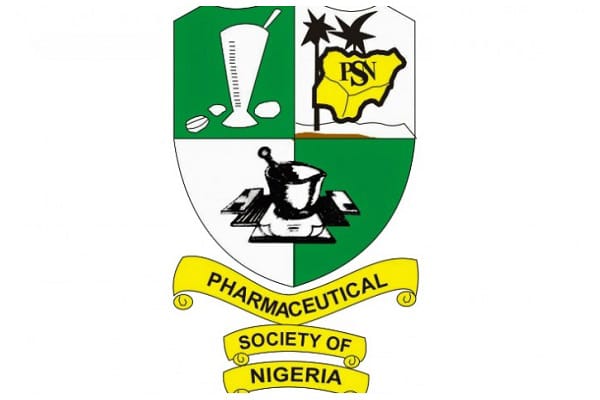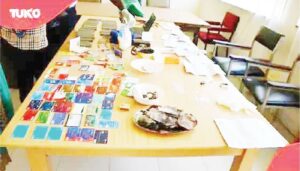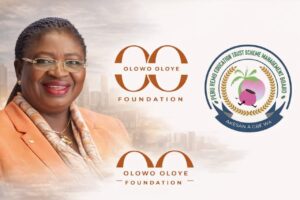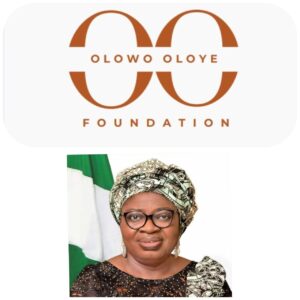Pharmaceutical Society of Nigeria Urges National Assembly to Amend Fake Drug Act Amid Rising Counterfeit Medicines

As Nigeria grapples with the ongoing issue of fake drugs and governance inefficiencies in its pharmaceutical sector, the newly elected president of the Pharmaceutical Society of Nigeria (PSN), Pharm. Ibrahim Tanko Ayuba, has called on the National Assembly to amend the Fake Drug Act and strengthen the regulatory framework to safeguard public health.
In his inaugural press briefing in Lagos, Pharm. Ayuba expressed deep concern over the growing prevalence of counterfeit medicines in the country. He highlighted alarming statistics dating back to 1988, when the World Health Organisation (WHO) and the Federal Ministry of Health reported that 33 percent of drugs in circulation in Nigeria were fake, with seven per cent of these proving fatal when consumed. Pharm. Ayuba also referenced a study by the Faculty of Pharmacy at the University of Lagos in 1998, which found that nearly 50 per cent of fake drugs originated from Open Drug Markets (ODMs), while about 33 per cent were traced to Patent Medicine Vendors. The PSN president noted that these figures illustrate a public health crisis that has only worsened over time. Current research suggests that over 50 per cent of drugs in circulation today are either fake or substandard, further exacerbating the problem.
Pharm Ayuba emphasised the urgent need for action, urging lawmakers to amend the current laws and enhance enforcement measures that ensure the safety and quality of medicines in Nigeria. He underscored that reforming the pharmaceutical sector is essential to ensuring public health safety and restoring trust in the healthcare system.
“The influx of fake drugs, food, and especially drinks in Nigeria, has become a major source of worry in contemporary times. Our usually reliable and dependable research-based efforts indicate that we are back to the days of over 50 per cent of drugs in circulation being fake and substandard, as against official figures hovering between 13 per cent and 15 per cent. At the closing stages of the 1999 transition, the Fake Drug Act was entrenched in the statutes but this has not been substantially activated in recent times,” he said.










